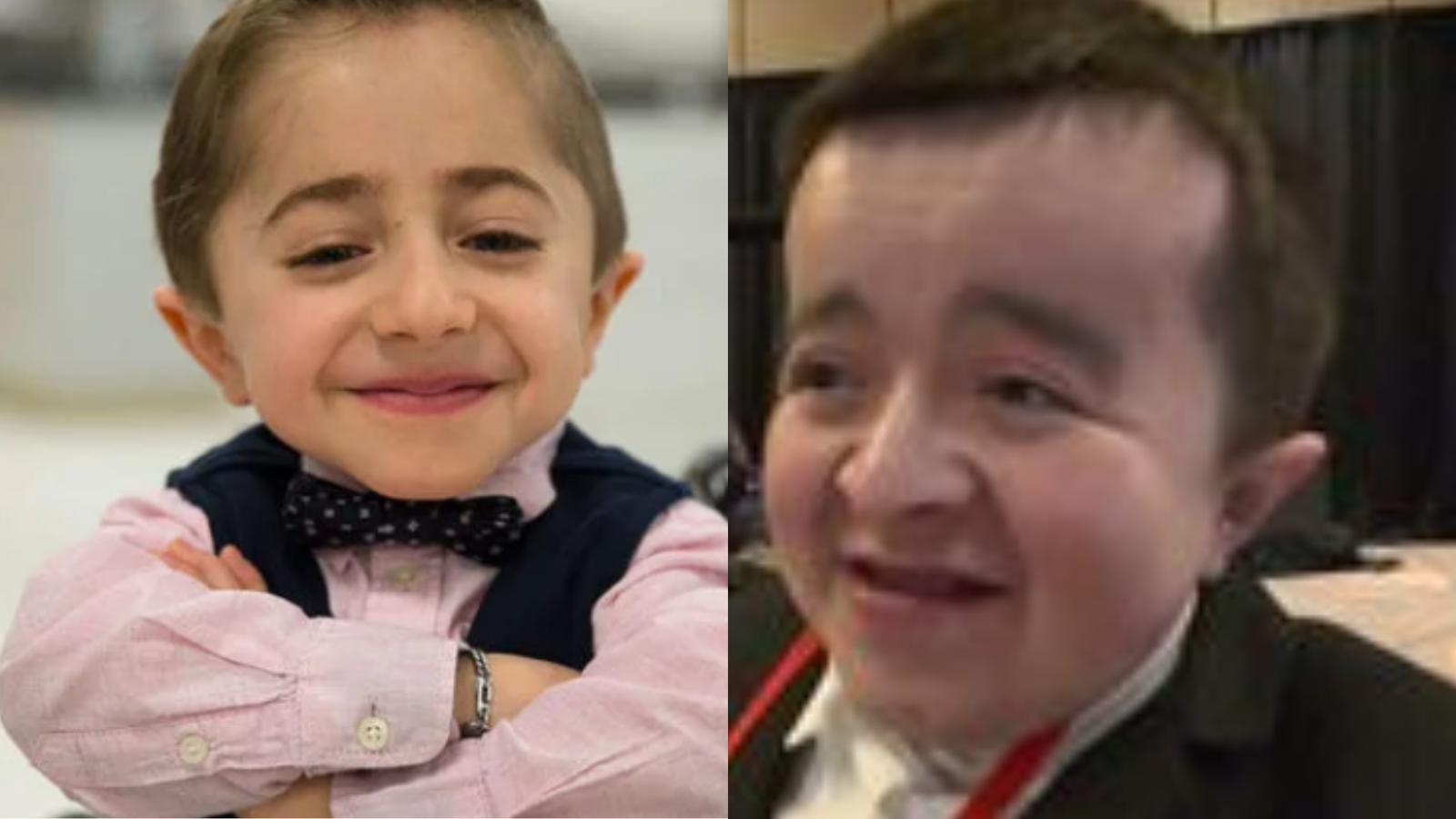Alec Cabacungan and Kaleb-Wolf De Melo Torres have become familiar faces through their appearances in Shriners Hospitals for Children commercials. Their inspiring stories have touched many, leading to curiosity about whether they receive compensation for their roles. This article delves into their backgrounds, involvement with Shriners Hospitals, and the compensation they may receive for their commercial appearances.
Who Are Alec and Kaleb?
Alec Cabacungan was born on May 8, 2002, in Oak Park, Illinois. He was diagnosed with osteogenesis imperfecta, commonly known as brittle bone disease, a condition that causes bones to break easily. Despite facing numerous challenges, Alec has pursued his passion for sports broadcasting and is currently studying at Northwestern University. His journey with Shriners Hospitals began at a young age, where he received extensive medical care and support.
Kaleb-Wolf De Melo Torres, born on June 28, 2009, in Winnipeg, Manitoba, Canada, also lives with osteogenesis imperfecta. His condition has led to over 200 bone fractures and multiple surgeries. Kaleb’s association with Shriners Hospitals started shortly after birth, providing him with the necessary medical interventions to improve his quality of life.
Their Roles in Shriners Hospitals for Children Commercials
Both Alec and Kaleb serve as patient ambassadors for Shriners Hospitals for Children. Their appearances in commercials aim to raise awareness about the hospital’s services and encourage donations to support its mission. Through sharing their personal experiences, they highlight the impact of Shriners Hospitals on children with complex medical needs.
Do Alec and Kaleb Get Paid for Commercials?
The question of whether Alec and Kaleb receive compensation for their commercial appearances is often raised. According to various sources, both Alec and Kaleb do receive payment for their roles in these commercials. Their involvement goes beyond mere participation; they have become integral to the hospital’s outreach efforts, helping to convey its mission and values to a broader audience.
Factors Influencing Their Compensation
Several factors likely influence the compensation Alec and Kaleb receive for their commercial work:
- Industry Standards: Child actors typically receive payment for their participation in advertisements. Given their significant roles, it’s reasonable to assume they are compensated accordingly.
- Duration and Frequency: The length and frequency of the commercials can impact compensation. Longer commercials or those aired more frequently may warrant higher pay.
- Audience Reach: Commercials with a broader audience reach, such as national campaigns, often result in higher compensation due to their extensive exposure.
- Negotiation: The terms of their contracts, including the ability to negotiate favorable terms, can also affect their compensation. Talent agencies or legal representatives often handle these negotiations to ensure fair payment.
The Impact of Their Involvement
Alec and Kaleb’s participation in Shriners Hospitals commercials has had a profound impact:
- Increased Awareness: Their stories have brought significant attention to the hospital’s services, educating the public about the challenges faced by children with medical conditions.
- Fundraising: The emotional appeal of their narratives has been instrumental in encouraging donations, which are vital for the hospital’s operations.
- Inspiration: Their resilience and positivity serve as inspiration to many, demonstrating the possibilities that arise with proper medical care and support.
Legal and Ethical Considerations
Involving children in advertising, especially for nonprofit organizations, involves legal and ethical considerations:
- Child Labor Laws: Regulations ensure that child actors are not exploited and receive fair compensation for their work.
- Nonprofit Ethics: Nonprofit organizations must balance their mission with ethical practices, ensuring that any compensation aligns with their values and public expectations.
Conclusion
Alec Cabacungan and Kaleb-Wolf De Melo Torres play pivotal roles in Shriners Hospitals for Children’s outreach efforts. Their compensated participation in commercials not only raises awareness and funds but also inspires countless individuals facing similar challenges. Their stories exemplify the positive outcomes that result from dedicated medical care and personal determination.

